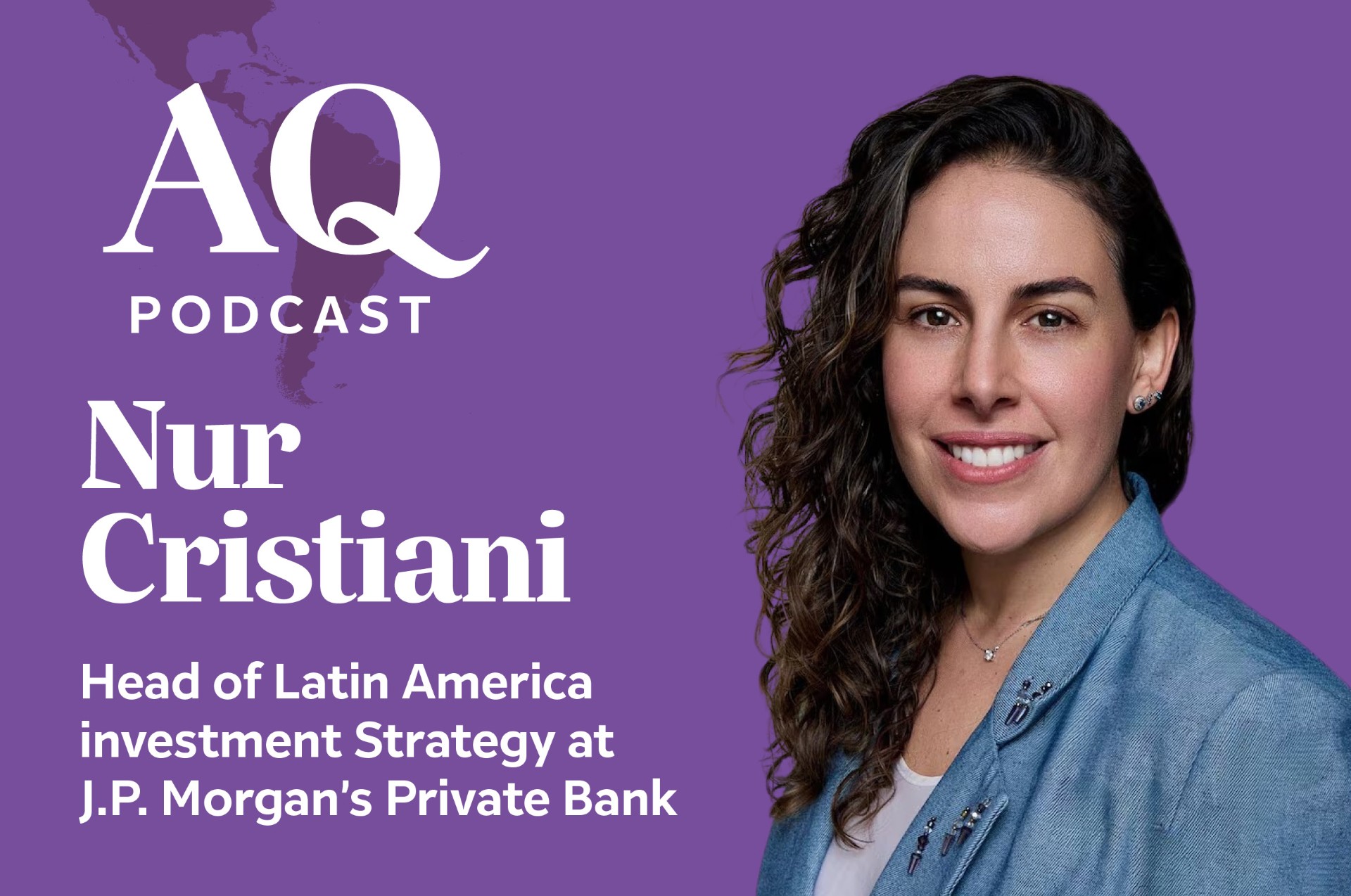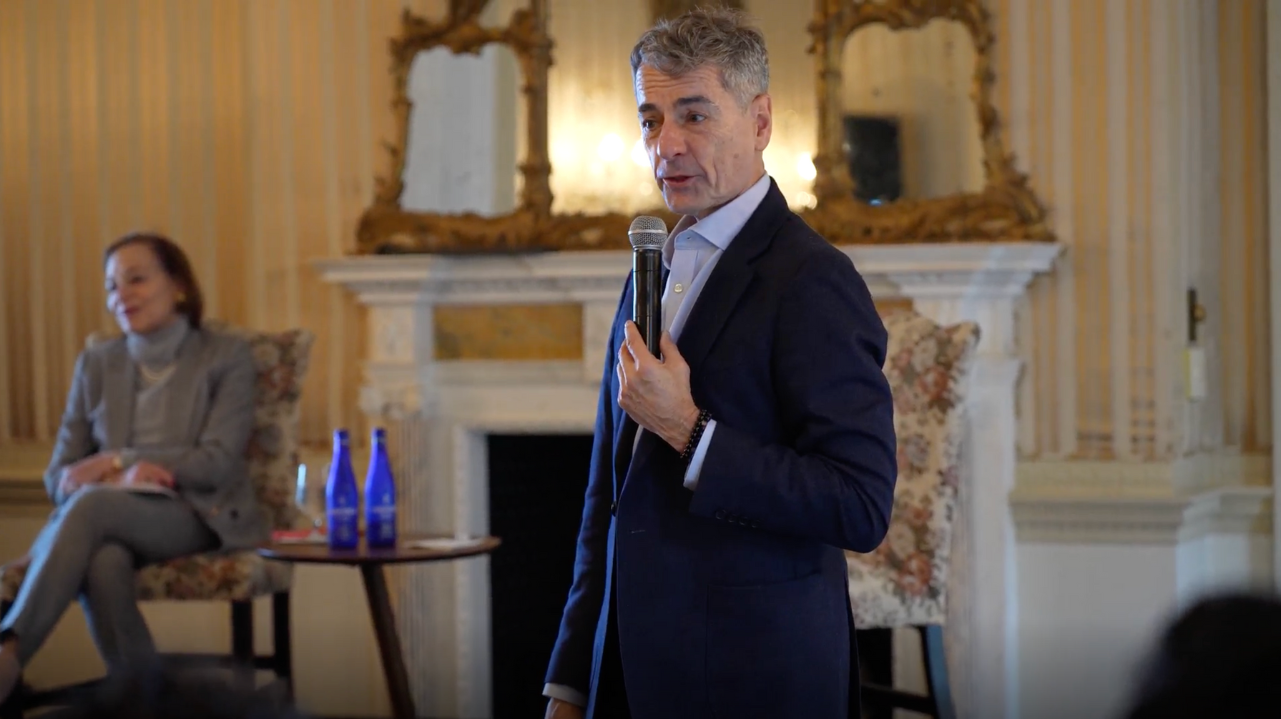Speakers:
- Rita Ramalho, Doing Business Program Manager, The World Bank-IFC
- Eduardo C. Santos, Vice President, Public Policy, Latin America & Caribbean Region, MasterCard Worldwide
- Antonio Vazquez, Vice President and Chief Counsel, Kraft Foods Latin America
- Simon Strong, Senior Managing Director, FTI Consulting (Moderator)
Summary
AS/COA Miami hosted a panel discussion on regulatory reform and competitiveness in Latin America in conjunction with the World Bank Group’s Doing Business program. Discussion centered on the landscape for regulatory reform in the region as well as opportunities for public-private collaboration to foster a better business environment.
Latin America: A Diverse Region for Doing Business
Rita Ramalho of the World Bank opened the program with an overview of the Doing Business 2012 report and findings related to the Latin America region. The Doing Business project provides quantitative measures for understanding and improving the regulatory environment for business in 183 countries. It focuses on 11 indicators measuring regulations—from starting a business and registering property, to resolving insolvency and trading across borders—and their implications for local entrepreneurs. Each year, the report tracks the progress of each economy, comparing it to an “abstract country” from 2006 to the current year, and provides a comprehensive evaluation of the country’s performance.
Ramalho explained that Latin America is a very diverse region in terms of business regulations as compared to Europe, where regulations are more uniform and straightforward. But she offered a regional view to compare Latin America on a global scale. Ramalho noted that just over half of the economies in Latin America and the Caribbean made at least one reform in 2011 that facilitated doing business, as compared to nearly 70 percent of high-income Organization for Economic Cooperation and Development (OECD) countries and nearly 60 percent of countries in the East Asia and Pacific region. She pointed out that the region currently holds an average ranking globally with regards to bureaucratic barriers and transparent institutions. The Latin America and Caribbean region shares a similar rating to the Asia-Pacific region, including countries such as China, Indonesia, the Philippines, and Vietnam. Panelists focused on China, which made comparable incremental progress to Colombia, though starting with fewer regulations and still considered far from a transparent regulatory environment.
Top Reformers and Markets Falling Behind
Ramalho highlighted the rankings of Chile, Colombia, and Peru as part of the top OECD countries in Latin America and cited positive reforms on procedures dealing with taxation, regulations, credit markets, and the transmission of property. The title for top reformer in the region went to Colombia. Speakers agreed that substantial progress has been made in order to ease the process of starting and conducting a business in the Andean country.
Moderator Simon Strong of FTI Consulting also noted Peru emerged as a welcome surprise in terms of addressing regulatory reforms, particularly with regards to investment protection and breaking down barriers for starting a business. This opens the market for smaller businesses to compete with established multinationals. Strong underscored the relationship between these regulatory improvements and Peru’s economic success. Antonio Vazquez of Kraft Foods Latin America thought Costa Rica should rank higher and noted it has a positive regulatory environment.
On the other hand, Argentina and Venezuela had lower rankings compared to the rest of the region. Vazquez referred to the fact that these countries impose “de facto controls” which add to the challenges foreign multinationals face. In the case of Argentina, Vazquez cited recent economic measures such as price controls, prohibiting the foreign transferal of dividends, and caps on imports. The business community and other investors are watching these developments closely, he explained. With regards to Mexico, panelists agreed that regulations are easier but the problem of corruption remains a concern for investors.
Improving Regulation through Collaboration
Vazquez argued that the Doing Business report serves as an important reference to quantify the current business environment across Latin America and ongoing changes, which makes it possible to evaluate progress. He said the region’s success is tied to two key factors: competition and regulation. This report has encouraged almost every country in the region to set up regulatory agencies and amend their laws to have “teeth,” he said. These developments fostered competition within domestic markets, which Vasquez noted is a positive step.
Panelists also addressed the importance of trade in the region and the need to modernize systems to compete with informal trade routes. Vasquez commented that this presents a great challenge for the region but also a tremendous opportunity. Speakers agreed that there is progress in the area of fair trade practices and noted that the region is experiencing changes to legal frameworks. While there are some improvements on the legal front, there are also some inconsistencies; not all the legal systems are prepared to adjust to these types of regulations. Some governments exhibited arbitrary behavior in enforcing regulations, seemingly picking on multinationals as an easy target, the speakers noted.
Ed Santos of MasterCard highlighted the necessity of building strong relationships with regulators and institutions across the region which would allow for greater understanding of private sector concerns and public sector priorities. Speakers agreed on the importance of sharing these thoughts in order to break down barriers and allow for improvements.
Santos outlined the three major concerns of regulators which drive regulation in the region: ensuring growth, protecting consumers, and the desire to have ownership of developing sectors. He argued that in the first two cases, this often aligns businesses and governments. But in the last case, there is room for misunderstanding. He cited the example of MasterCard’s vision of a world beyond cash, which involves new financial instruments that contribute to citizen safety and allow for greater financial inclusion. Regulators who understand these aims would want to collaborate, given their own goals of meeting the needs of a growing middle class. More open communication represents an opportunity for more transparent, effective regulation, Santos explained.








